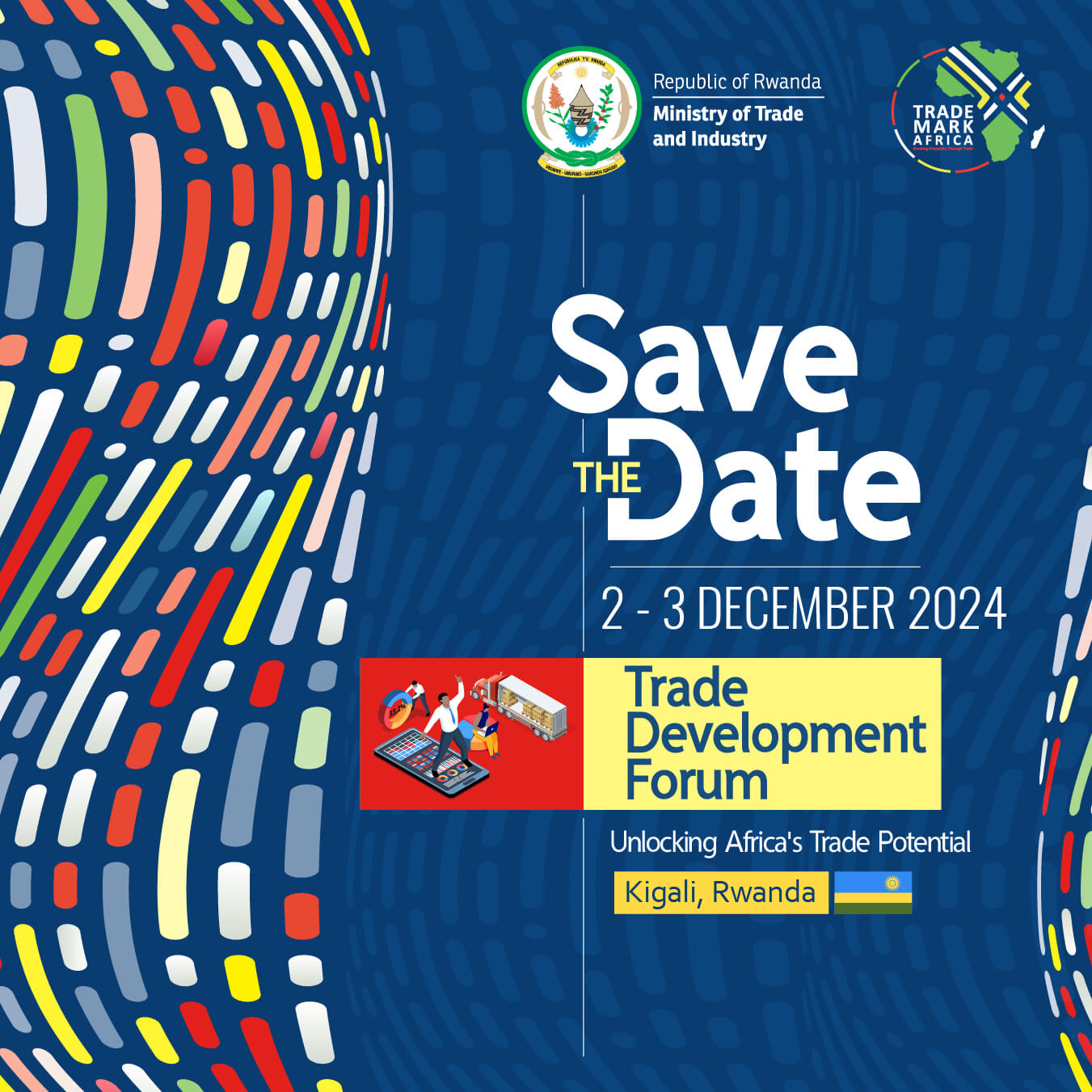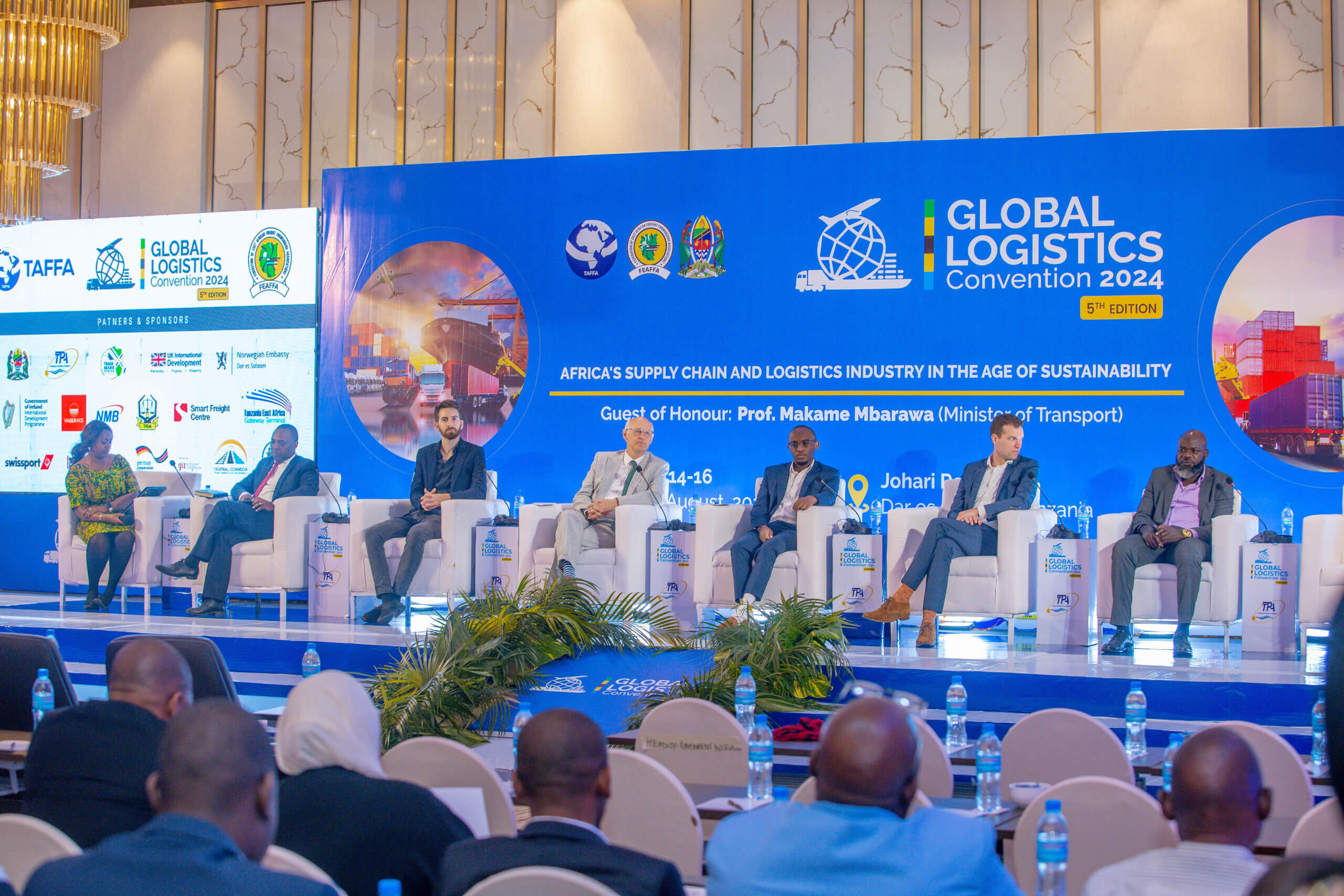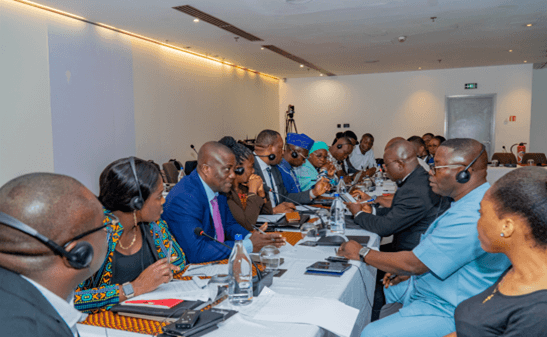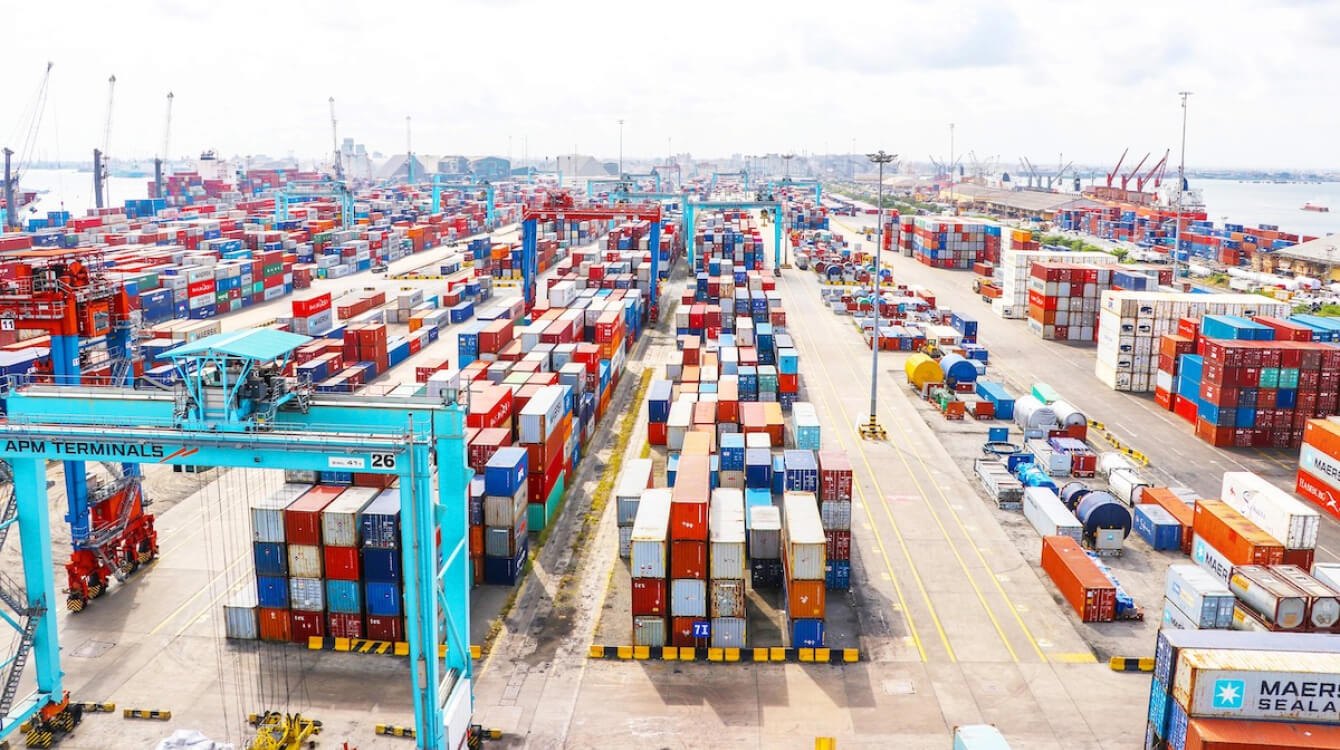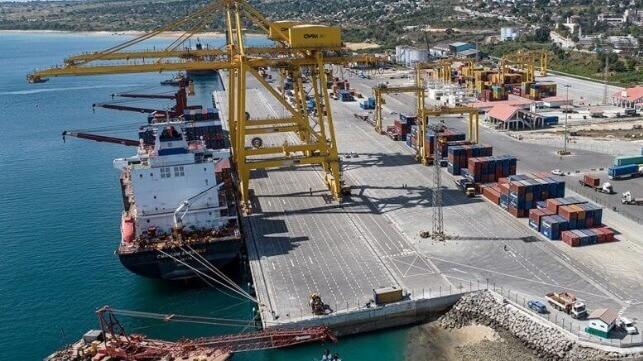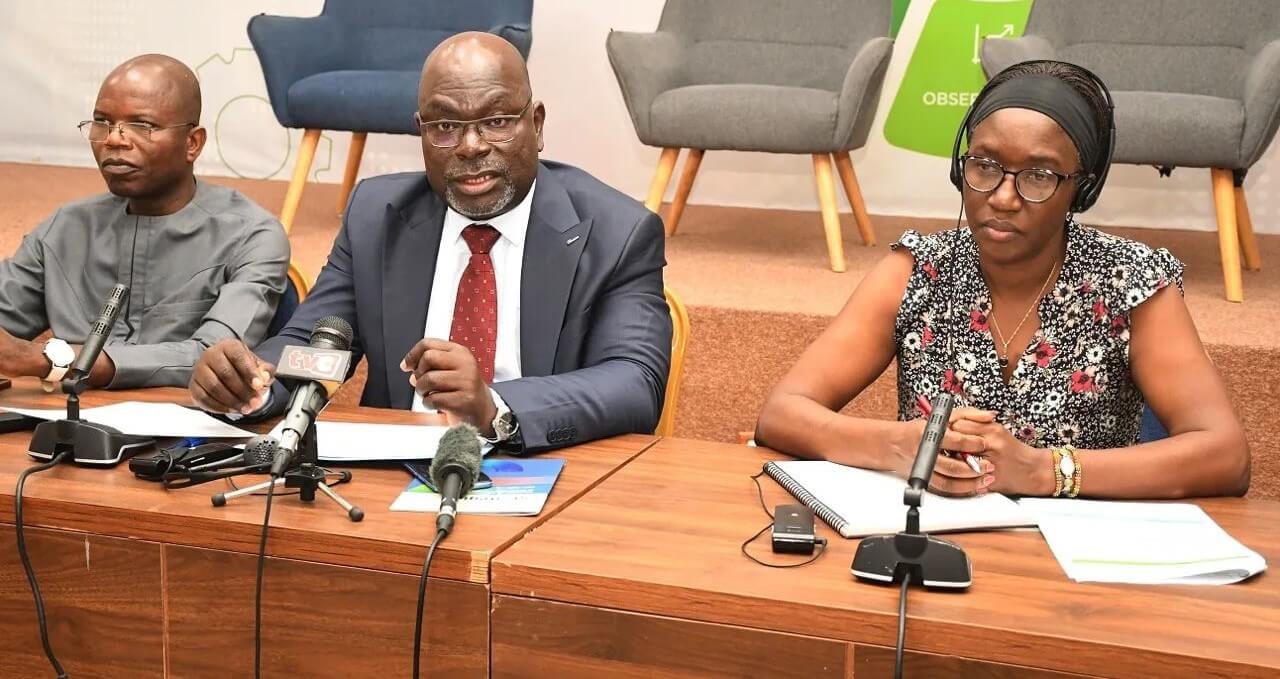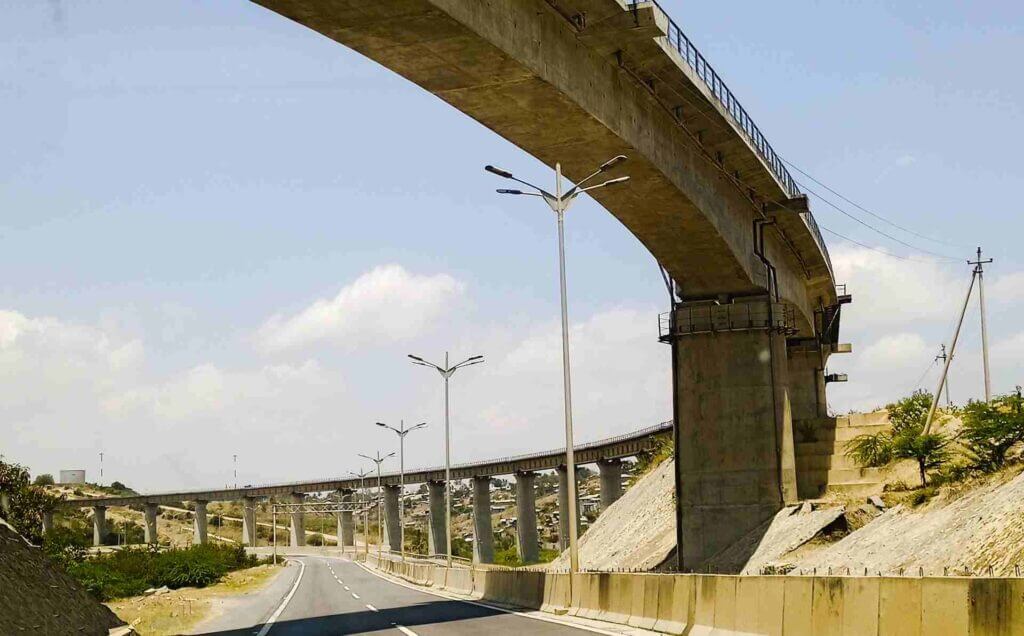Le gouvernement du Rwanda, en partenariat avec TradeMark Africa (TMA), accueillera le Forum pour le développement du commerce, qui réunira des hauts fonctionnaires, des partenaires de développement, des universitaires, des organisations multilatérales et des dirigeants du secteur privé de 14 pays de TMA et d'ailleurs. Ce forum de deux jours, qui se tiendra à Kigali les 2 et 3 décembre, aura pour thème « Le commerce numérique » et explorera les pratiques et les technologies de pointe en matière de commerce numérique. Parmi les sujets abordés figurent l'interopérabilité des paiements numériques, l'application de la technologie des registres distribués (DLT) et de l'intelligence artificielle dans les processus commerciaux, ainsi que le rôle de l'automatisation dans le soutien des initiatives de commerce vert. Les discussions seront centrées sur l'exploitation de la technologie pour rationaliser la facilitation du commerce et renforcer les cadres politiques à travers l'Afrique. David Beer, PDG de TradeMark Africa, s'est montré enthousiaste à l'idée du prochain forum, soulignant l'engagement de l'organisation en faveur de la croissance économique de l'Afrique. « La prospérité économique de l'Afrique est notre affaire. TradeMark se concentre entièrement sur l'obtention de résultats concrets en vue de supprimer les barrières commerciales et de stimuler les exportations à l'intérieur et en provenance de l'Afrique. Si des progrès significatifs ont été accomplis, comme la réduction d'environ un tiers des temps de transport dans le corridor nord de l'Afrique de l'Est, il reste encore beaucoup à faire », a-t-il déclaré dans un communiqué. Il a ajouté : « Le...
Le commerce numérique au cœur du forum continental organisé au Rwanda
Posted on: August 23, 2024
Posted on: August 23, 2024

